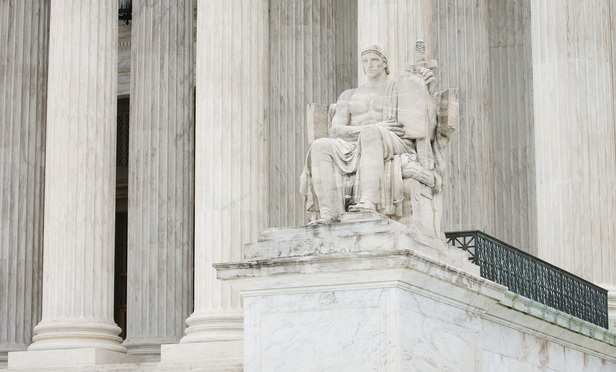The U.S. Supreme Court decision in Universal Health Services Inc. v. United States ex rel. Escobar on June 16 held that the implied false certification theory can be a basis for False Claims Act liability. Although the decision expanded the scope of potential FCA liability in circuits that had not yet embraced the implied false certification theory of liability, the claim of victory by the government and relators’ bar may ultimately prove empty. The remainder of the opinion favors potential FCA (and other) defendants by imposing a much more “rigorous” and “demanding” materiality standard in FCA cases and others where materiality must be proved.
As we will explain, there are important lessons here for companies and their lawyers.
This content has been archived. It is available through our partners, LexisNexis® and Bloomberg Law.
To view this content, please continue to their sites.
Not a Lexis Subscriber?
Subscribe Now
Not a Bloomberg Law Subscriber?
Subscribe Now
LexisNexis® and Bloomberg Law are third party online distributors of the broad collection of current and archived versions of ALM's legal news publications. LexisNexis® and Bloomberg Law customers are able to access and use ALM's content, including content from the National Law Journal, The American Lawyer, Legaltech News, The New York Law Journal, and Corporate Counsel, as well as other sources of legal information.
For questions call 1-877-256-2472 or contact us at [email protected]






